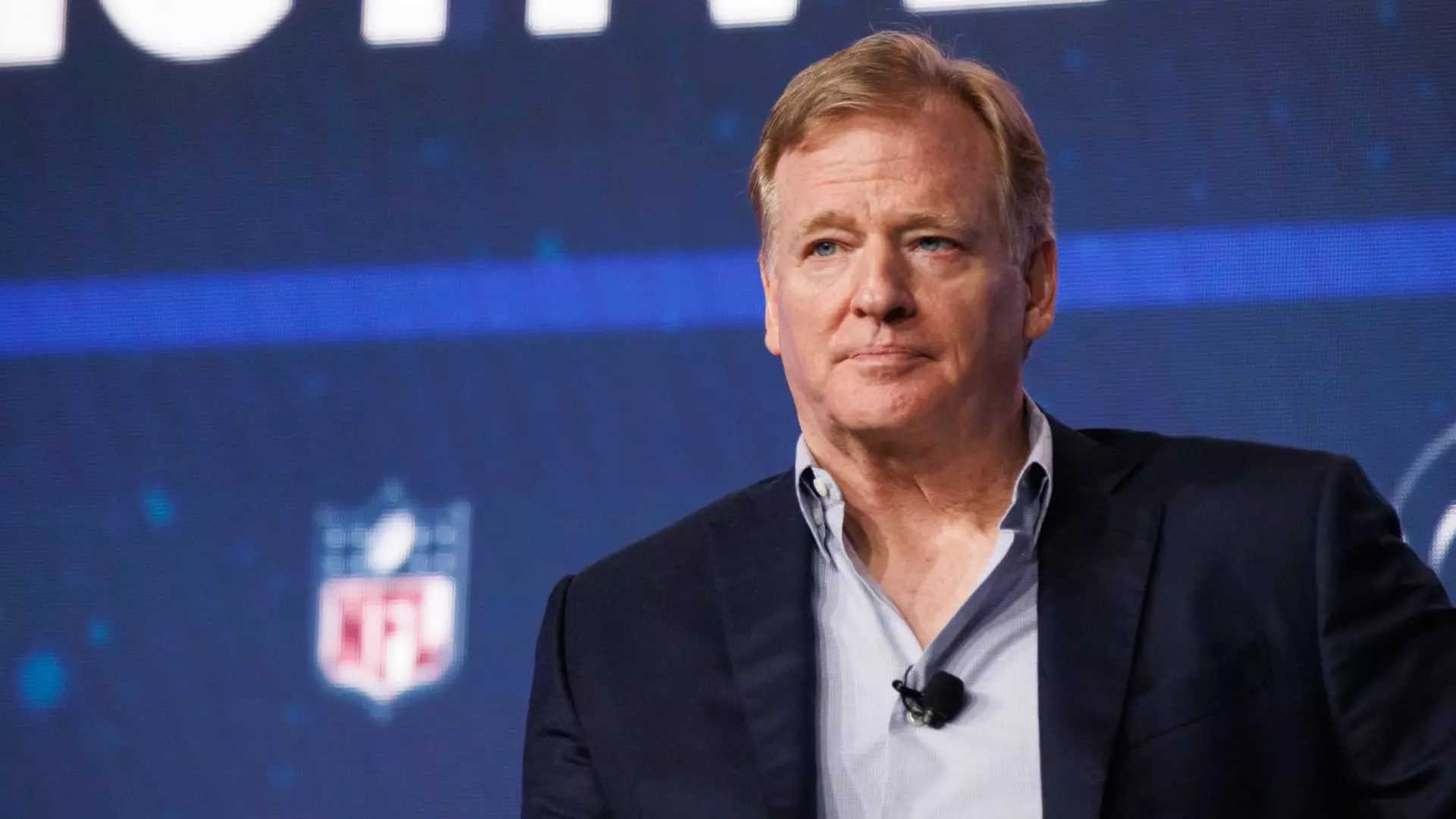The National Football League is contemplating the idea of permitting minority private equity ownership for its 32 teams, allowing for ownership stakes of up to 10% as stated by Commissioner Roger Goodell in an exclusive interview with CNBC. Goodell expressed the need for policies to adapt to the evolving nature of sports, emphasizing the league’s interest in exploring this new avenue to complement existing ownership structures.
The NFL aims to finalize its new ownership policies by the end of the year, with the proposed 10% ownership cap serving as a starting point. Goodell mentioned that the league remains open to revising this cap in the future. While other major U.S. sports leagues already permit private equity ownership of up to 30%, the NFL has historically been hesitant to welcome institutional funds into ownership groups, preferring individual or family ownership.
The increasing valuations of NFL franchises, fueled by lucrative media deals, have made team ownership inaccessible to many potential investors. Notably, private equity firm Apollo Global Management’s co-founder, Josh Harris, led a group that acquired the Washington Commanders for a record-breaking $6.05 billion in 2023. This substantial financial commitment underscores the challenges of funding team acquisitions without the involvement of institutional funds.
Josh Harris’s innovative approach to assembling a group of investors for the Washington Commanders purchase reflects a shift towards considering private equity investments in professional sports. The involvement of high-profile figures like Magic Johnson, Eric Schmidt, and David Blitzer highlights the potential for private equity to reshape the landscape of team ownership within the NFL.
Contrary to other U.S. sports leagues, the National Women’s Soccer League allows private equity firms to acquire majority stakes in franchise teams, presenting a different dynamic in ownership structures. The influence of private equity incentives on ownership motivations could introduce unfamiliar complexities for traditional sports leagues, where decision-making power is typically reserved for majority stakeholders.
Minority stakes in sports teams often entail limited decision-making authority, posing challenges for wealthy individuals accustomed to control and influence. Ted Leonsis, owner of the Washington Capitals, Wizards, and Mystics, highlighted the limitations faced by passive investors in professional sports, where ownership is accompanied by minimal involvement in team operations.
Private equity firms, equipped with the expertise to generate returns on investments, may find value in minority ownership positions within professional sports organizations. The focus on achieving investment targets and maximizing returns aligns with the objectives of private equity investors, potentially offering a new avenue for diversifying ownership structures in the NFL.
The NFL’s exploration of minority private equity ownership represents a significant departure from traditional ownership models, signaling a potential shift towards more diverse and inclusive ownership structures within professional sports. The evolving landscape of team ownership, driven by rising valuations and changing investor profiles, underscores the necessity for innovation and adaptation in navigating the complexities of modern sports business.

